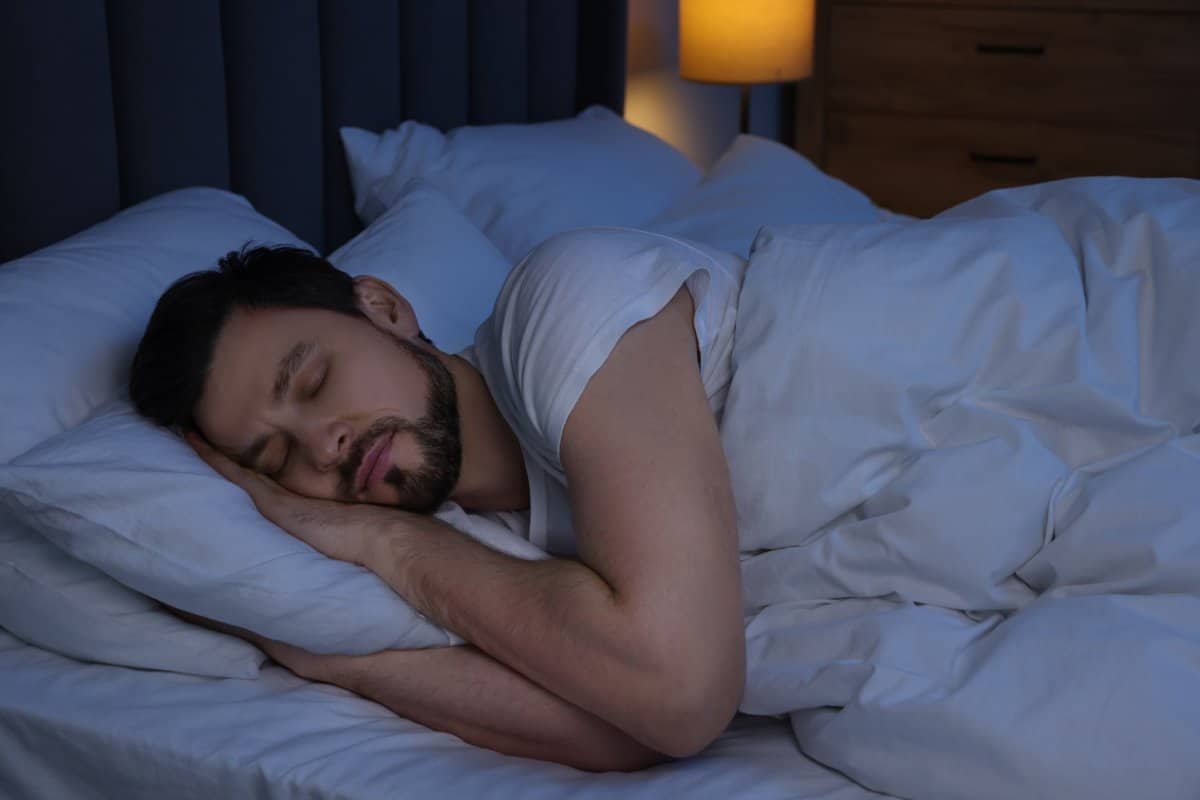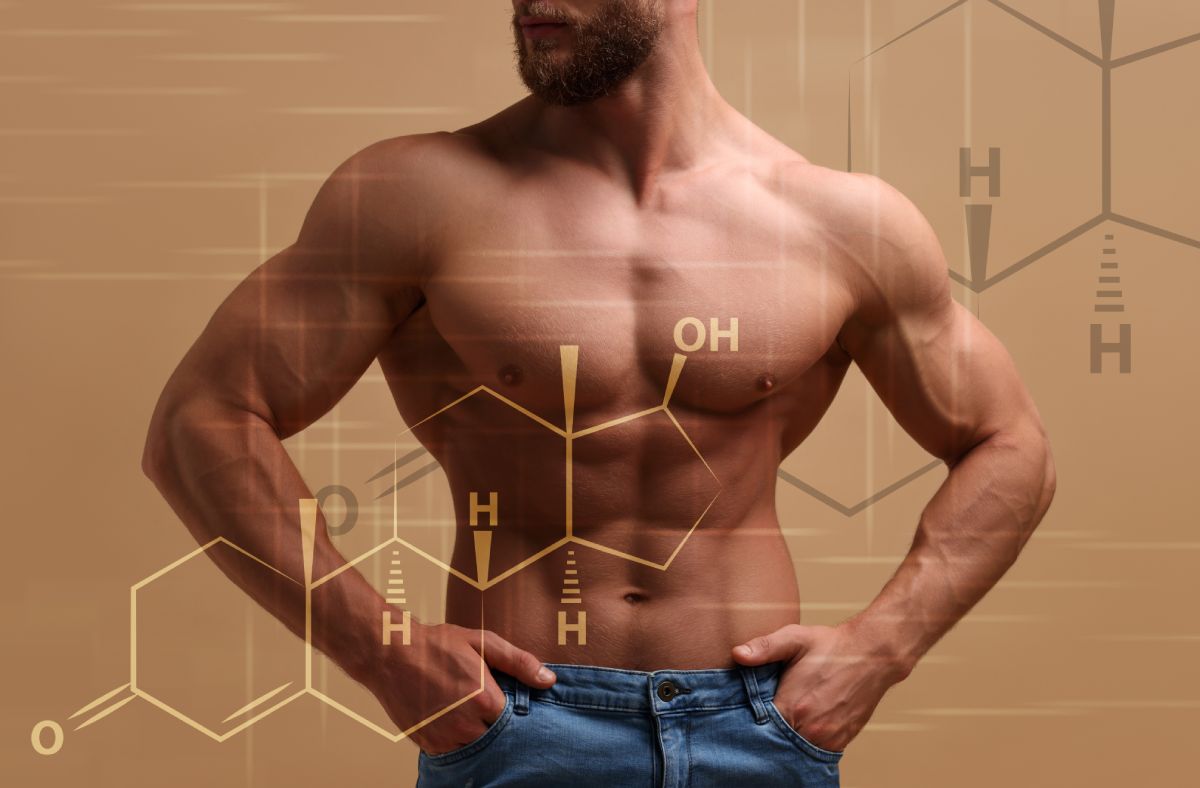Over 4 million men in the US suffer from the effects of low testosterone. TRT may be the solution for you if you’ve been experiencing chronic fatigue, low sex drive, or a drop in muscle mass.
Testosterone affects your energy levels, mood, sex drive, and even your sleep. When your body doesn’t produce enough of it, you’ll begin to experience a drop in your overall wellness.
What is TRT and how can it help you? Read on to learn about the benefits of TRT and what to expect from this hormone treatment.
What Is TRT?
TRT stands for Testosterone Replacement Therapy. It’s a medical treatment to repair your body’s inability to produce enough testosterone.
Low testosterone levels have a major impact on the health and wellbeing of male adults. When your body can’t produce the right amount of this hormone, therapy is often necessary.
What are the reasons behind low testosterone levels? This is a natural occurrence that happens with age. In the US, 18 million men experience sexual dysfunction from a lack of testosterone.
There are natural solutions to boost your testosterone levels if they’re not too imbalanced. But for men who suffer from a major drop in this hormone, medical treatment might be the only way to get back to normal.
TRT methods include oral medications, injections, or patches. Your physician may also prescribe a cream like AndroGel to treat low testosterone.
Studies have shown that TRT medications can yield different results for each patient. Your dosage amount will be specific to your body type and how your body handles the treatment.
The goal of TRT is not only to boost testosterone levels but to balance your ratio of testosterone to estradiol. When your body has the right amount of hormones, you’ll feel better and be able to do more in life.
Over time, you’ll begin to see the positive benefits of your hormone therapy. Some patients see results in a few weeks, while others need more time.
Do you think you need TRT? Read on to learn about the benefits of TRT and how to decide if it’s right for you.
Benefits of TRT
TRT involves a treatment process that balances out your testosterone and hormone levels. This is important because your hormones play an essential part in your body’s energy, immunity, endurance, and growth.
When men don’t have enough testosterone, they experience negative symptoms that are detrimental to a happy life. Testosterone isn’t only associated with big muscles and body hair.
When your testosterone is low, it affects your ability to focus on tasks and remember information. It affects your relationships and can lead to depression.
Are you wondering how treatment can help you? Can it make you happier? Does testosterone make you stronger? It’s important to weigh both the pros and cons of hormone therapy before taking the plunge.
For patients with hypogonadism, testosterone therapy may be the best solution. Here are some benefits to undergoing TRT.
1. Improved Mood
Symptoms of hypogonadism include depression, anxiety, and fatigue. Hormone therapy can improve your testosterone and hormone levels, which boosts your mood.
Results will vary for each patient undergoing hormone treatment. Men with hypogonadism can expect a boost in mood and well-being after successful TRT.
2. Stronger Bones, More Muscle
Sometimes patients wonder, “Does testosterone make you bigger?” The basic answer is yes, but it’s important to understand how the hormone impacts your body’s ability to strengthen muscles.
Testosterone plays an important role in bone health by increasing mineral density. When your bones are strong, they can support your muscles and organs. When you don’t have enough testosterone, your body doesn’t have what it needs to support its bones and muscles.
This is why TRT can help patients with hypogonadism improve their physique. Balanced hormones can improve athletic performance, which supports your overall wellness.
3. Better Libido
Low testosterone leads to a low sex drive. If you have hypogonadism, TRT can help improve your testosterone levels to improve libido and erectile function.
4. Improved Cognitive Abilities
Recent studies show evidence that testosterone is linked to thinking abilities. Patients undergoing TRT may experience improved ability for verbal and spatial memory.
Signs You Need Therapy for Low T
If you’re 30 years or older and have been feeling more tired than ever before, then you could be suffering from hypogonadism. Hypogonadism is the medical term for low testosterone. It’s a medical condition that’s detrimental to your way of life.
There are two types of hypogonadism: primary hypogonadism and central (secondary) hypogonadism. Primary hypogonadism results from problems with the testes. They get the brain’s signals to produce testosterone but can’t do it. TRT works to improve the amount of testosterone that the testes can’t produce.
Men in their 20’s and 30’s can suffer from hypogonadism too. This medical condition can occur after a major illness or physical damage to the testicles. It can also occur in young men who have a history of substance abuse.
Undergoing therapy to treat your testosterone levels can get you feeling back to normal and improve your outlook on life. You don’t have to feel alone in this struggle either. In fact, a recent study reported that the number of men suffering from hypogonadism has risen over 10%.
You can’t look at one isolated symptom and diagnose yourself with low T. Undergoing TRT can be dangerous if you have normal testosterone levels. It’s important to consider all your symptoms and speak with a physician.
What are the major signs of having low testosterone? Here are symptoms to look out for if you’re needing TRT.
Chronic Fatigue
It’s normal for US adults to experience tiredness throughout their day. A warning sign of something serious is when you experience unexplained chronic fatigue.
Do you feel tired all the time? First, make sure to get enough rest and maintain a healthy diet to fuel your body. If you still experience unexplained fatigue, talk to your doctor about your testosterone levels.
Cognitive Abilities
Having regularly low testosterone levels makes it difficult to focus and concentrate. Whether you’re at work or in school, this has a major impact on your life.
TRT patients often say they struggle with verbal skills and memory functions. Therapy may be a good option for you if you’re experiencing a loss in cognitive abilities along with other physical changes.
Mood Changes
Although women typically get a bad rap for hormonal mood changes, men experience this symptom too. A drop in testosterone levels will leave you feeling depressed and irritable.
Don’t panic when you notice that you come home from work feeling cranky. Testosterone levels naturally drop each day in the evening. When you notice that your mood has drastically dropped all the time, then it could be a sign of a bigger issue.
Loss of Physical Endurance
Men who suffer from hypogonadism experience a loss of muscle mass, bone mass, and an increase in body fat. When you combine this with a loss of energy, it can lead to a lower outlook on life.
Erectile Dysfunction
Low testosterone levels lead to a drop in libido. Men with erectile dysfunction often choose TRT so that their testosterone levels can balance out and improve their sex drive.
Test Results
The above symptoms may be the first warnings signs you notice if you’re experiencing a major drop in testosterone. The only accurate way to know if you need TRT is to see a doctor and undergo a series of tests.
It’s important to visit a physician who specializes in hormone replacement therapy. To lessen the chances of negative side effects, you need a safe treatment with high-quality testosterone.
A test for low testosterone is an important blood test that tells your physician if your hormone level is too high or too low. Your doctor might perform this test a few times to get the most accurate results.
The Treatment Process
One of the first questions patients ask before undergoing TRT is, “how long will the process take?” The timeline for TRT will be different for each patient.
There are different factors that affect how quickly you respond to the treatment. Your underlying medical conditions and level of testosterone will affect how your body responds.
You’ll also have to consider which symptoms are being addressed and how well you follow your treatment regimen. TRT isn’t only about medication. You also have to take steps to support the treatment through healthy eating and regular exercise.
If your body doesn’t respond to a dosage, your physician may have to make adjustments or do more tests. Patients committed to their doctor’s treatment plan will have a better chance of positive results.
Many patients feel improvements after 4-6 weeks, although sometimes it takes longer. The timeline may depend on the method of treatment.
Testosterone boosters’ pros and cons will vary depending on the dosage and the patient. It’s important to understand the positive and negative effects of each method in order to choose the best option for you.
Studies show that injections have a higher chance of effectiveness. You can also opt for patches or AndroGel cream, but intramuscular injections are the safest method of dosage.
AndroGel benefits include an easy application that can be done at home. It may be a good option for patients who want to avoid needles. Unlike shots, though, you have to be careful about where you apply the cream. This is because it can be dangerous if you accidentally transfer it to anyone else.
With a properly managed treatment, your levels can normalize with the first few doses. For multiple symptoms though, the dosage may take effect at different periods.
Some patients suffering from low libido have seen decreased symptoms within 3-6 weeks. Patients with erectile dysfunction have seen positive benefits of TRT within six months.
If you have any other medical conditions, you may have to wait longer until you experience positive results. Diabetes and obesity are two conditions that prolong the TRT timeline. Also, medications for chronic illnesses can affect how quickly your dosage starts to work.
Your TRT timeline will be specific to your symptoms and body. Getting treatment from a specialized physician is your best choice if you want to see positive results.
Major changes from your hormone treatment will happen between week four and week six. This is why your physician will have lab tests done on the fifth week of treatment. It helps your physician understand where your hormone levels are at.
It’s also important to have a thorough medical examination and to be honest with your physician. Balancing your hormones is something that takes time and precision. Dedicate yourself to the treatment that your physician provides because it will be the best approach for you.
Is TRT Right For You?
It might be time to talk to a physician if you’ve been suffering from the side effects of low testosterone. Choosing a testosterone replacement therapy plan can treat the negative effects of low testosterone.
It’s important to choose a physician that is specialized in hormone therapy. A board-certified team will give you a treatment plan that’s FDA-approved and customized for you.
There are warning signs you can look for if you think you may have low testosterone levels. For a diagnosis of hypogonadism, you need to see a physician who can test your body’s hormone levels.
Don’t think that living with the negative symptoms of hypogonadism is the only option. TRT can give you a solution to help you feel energized, happy, and strong again.
Are you ready to experience the benefits of TRT? Schedule a consultation with our board-certified team of hormone treatment specialists today.





